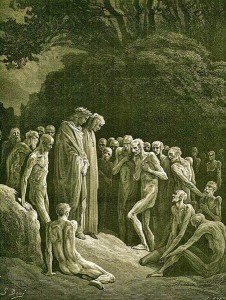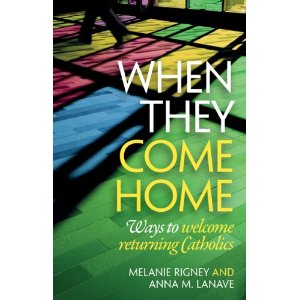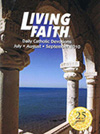On Mondays, I answer questions frequently asked by those considering a return to the Catholic Church. How do I know this stuff? I was away for more than 30 years myself, and am the co-author of When They Come Home: Ways to Welcome Returning Catholics, a book for pastors and parish leaders interested in this ministry.
What’s this business with purgatory?
Some people compare purgatory to a car wash—if your vehicle is basically in good shape but a little dirty or messy on the outside, you like to have it cleaned up before you drive to see someone important in your life. The comparison is a little inelegant, but in a layperson’s vernacular, it does a pretty good job of capturing what we know about purgatory.
We don’t know what purgatory looks like or smells like, or how long we might be there; like much else in this world and the next, we believe in God’s mercy and greatness and trust in his love for us. But what if we die immediately after receiving the sacrament of reconciliation or the anointing of the sick? The Catechism does assure us that if those die in God’s grace and friendship but are less than perfect (and that’s all of us), “are indeed assured of their eternal salvation, but after death they undergo purification, so as to achieve the holiness necessary to enter the joy of heaven.”
We pray for the dead, including those in purgatory, at Masses each November 2 at the Commemoration of All the Faithful Departed, also known as All Souls Day. In addition, you may notice that Masses at your parish may be offered for people who have died. This is another way for us to remember those who are going through their final purification before their joyful reunion with God and to reduce the time they spend in purgatory.



{ 0 comments… add one now }